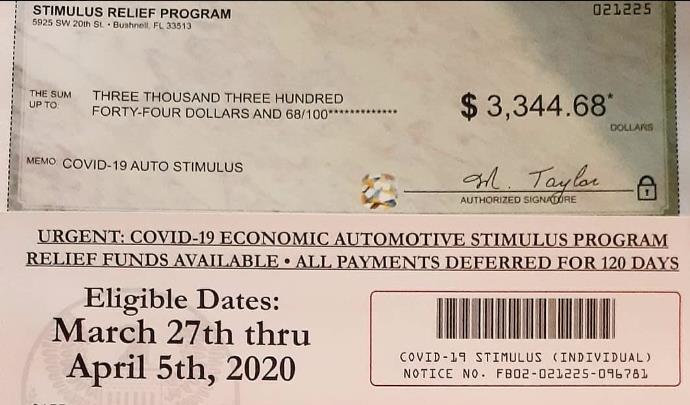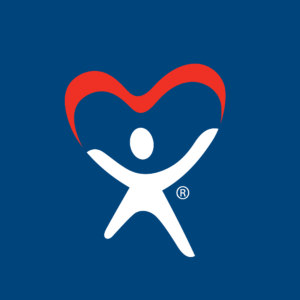Last updated on April 9, 2020
Here are some of the scams popping up targeting older adults:
Robocalls – HANG UP! Scammers or scammy companies use illegal robocalls to profit from Coronavirus-related fears – posing as the IRS or Medicare. Visit the Federal Trade Commission’s website to hear scam calls: ftc.gov/coronavirus.
Testing Scam – scammers are calling or knocking on doors in white lab coats or hazmat gear claiming to be with the Center for Disease Control and Prevention selling fake at-home Coronavirus tests.
Treatment Scam – scammers are calling or knocking on doors in white lab coats or hazmat gear claiming to be with the Center for Disease Control and Prevention selling fake cures, vaccines, and medical advice on unproven treatments.
Supply Scam – scammers are creating fake shops, websites, social media accounts, and email addresses to sell medical supplies in high demand, like surgical masks. When you try to purchase supplies, they pocket the money.
Provider Scam – scammers are contacting people by phone and email, pretending to be doctors and hospitals that have treated a friend or family member for COVID-19 and demanding payment.
Charity Scam – scammers are soliciting donations for individuals, groups, and areas impacted by coronavirus.
Phishing Scam – scammers are sending emails posing as health officials, including the World Health Organization and the Centers for Disease Control and Prevention. They want to trick you into downloading malware or providing personal identification and financial information.
App Scam – scammers are creating and controlling mobile apps used to track the spread of COVID-19. If used, these apps insert malware on your device that steals your personal and financial information.
Compassion & Romance Scams – scammers will use this opportunity to prey on your vulnerability while you are contained and isolated to your home, developing a friendship or romantic relationship with you to gain your trust and obtain your personal and financial information.
Fake Stimulus Check Scams

BEWARE OF RED FLAGS
- Urgency – scammers will apply pressure or use fear to get you to act.
- Scarcity – scammers will claim there is a limited supply, so you must “buy now.”
- Social Consensus – scammers want you to think everyone else is doing it too, and you don’t want to be left behind!
- Credible Sources – scammers will claim they are with a reputable business or organization.
TIP: Do NOT click on links from sources you do not know, and only callknown phone numbers. Visit theseniorsource.org for more information.






























 PopUp in the Plaza: Art and Gardening Come Alive in Downtown Rockwall for Founder’s Day Celebration
PopUp in the Plaza: Art and Gardening Come Alive in Downtown Rockwall for Founder’s Day Celebration
